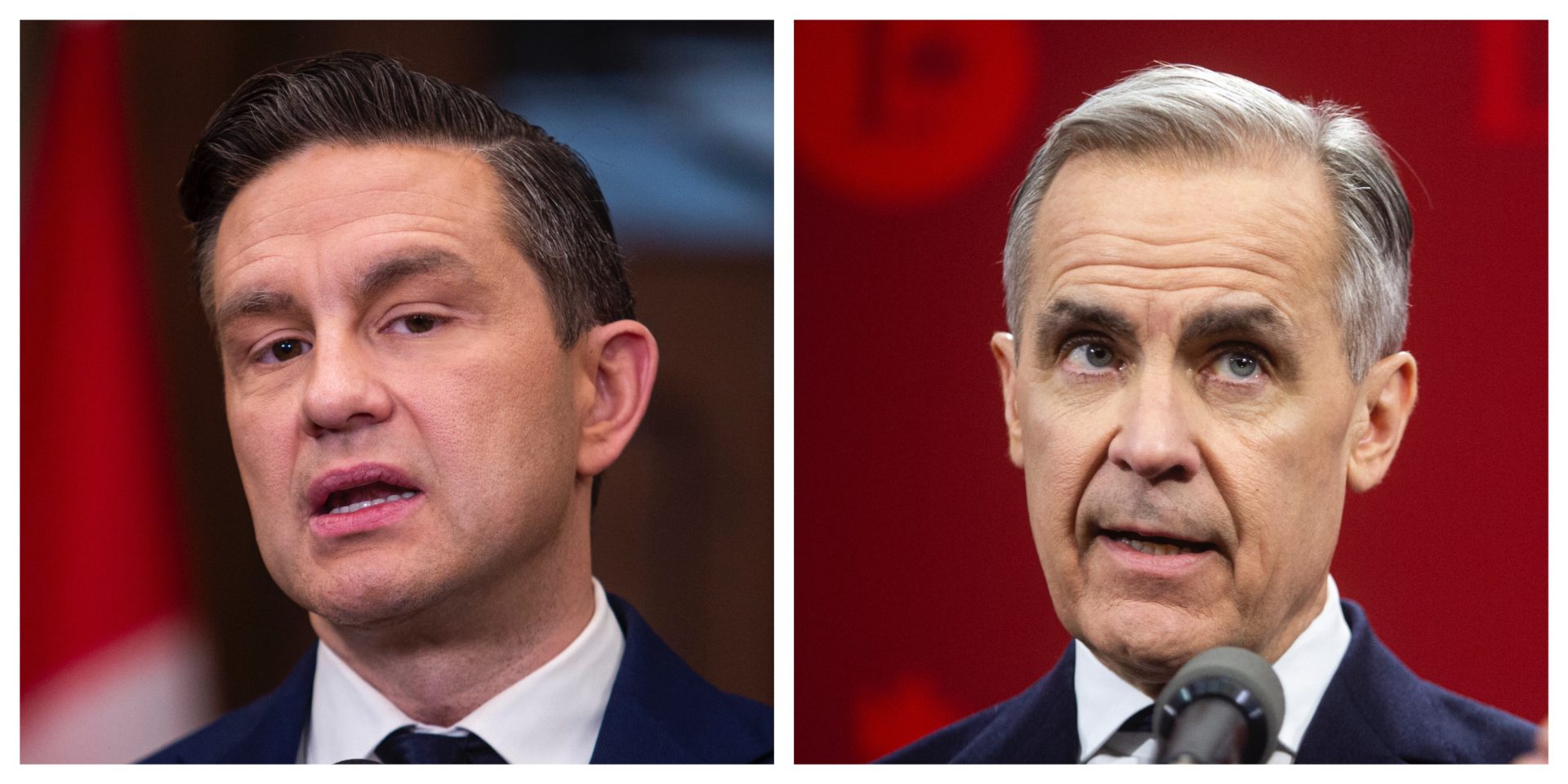Carney vs. Poilievre: who will restore Canada’s global independence?

OTTAWA—Foreign policy rarely takes center stage in Canadian elections, but with U.S. President Donald Trump reshaping the world order, Canada faces unprecedented challenges. As geopolitics shift, our global standing is at risk. It’s time to assess the foreign policy positions of the candidates vying to be prime minister—before we cast our votes.
To be fair, they are all currently preoccupied, rightfully addressing Trump’s immediate threats to our nation’s economic stability and sovereignty. Their proposals—tariff countermeasures, firming ties with Europe and Mexico, diversifying trade, and fortifying the Arctic—are timely and necessary, but they are temporary solutions to a deeper bilateral rift.
Foreign policy is more than a series of reactionary measures. It’s a comprehensive framework of national goals and aspirations covering security, international agreements, human rights, intelligence sharing, peacekeeping, and participation in multilateral organizations. It is ultimately about defining who we are and what we stand for in global affairs.
Yet, none of the potential prime ministers have put forward a compelling vision. Instead, driven by our anxieties, we are letting another U.S. president—this time Trump—define it for us.
Trump’s return has plunged the global order into crisis, normalizing foreign interference and authoritarianism. Some countries in Europe are embracing neo-fascist nationalism. Those in the developing world are clinging themselves to the other two superpowers: Russia and China.
Canada doesn’t need to do either. We can be our own master. To get there, we need a non-partisan leadership with vision and foresight—qualities that, regrettably, seem to be in short supply in the overly divisive tone of federal politics these days.
Conservative Leader Pierre Poilievre’s oversimplifications highlight part of the problem. His populist positions—unwavering support for Israel, hostility toward China, and silence on India—lack depth and nuance. His neoconservatism, entrenched in an us-versus-them mentality, misreads the fluid and unpredictable nature of the world transitioning towards multipolarity. His disdain for global institutions could isolate Canada, limiting our diplomatic options.
While Liberal leadership front-runner Mark Carney is focused exclusively on countering Trump, his early rhetoric on long-range concerns appear to align with outgoing Prime Minister Justin Trudeau’s neoliberal approaches, which, as evident in Ukraine and Haiti, aim to defend the international rules-based order. These approaches—relying on regime changes and military intervention—are blunt and ill-suited for the quickly evolving complexities of today’s global landscape.
It’s time for Canada to adopt a realist approach. As political philosopher Henry Morgenthau argued in his 1948 book Politics Among Nations, foreign policy realism posits that international oversight structures and power blocs are inherently unstable; accordingly, states must act in their individual self-interests, not on those of their military or economic alliances.
Trump is doing exactly that. His rejection of neoliberalism, retreat from Ukraine and Taiwan, and the ‘America First’ agenda all embrace the central tenets of realism. He seems to accept the rise of multipolarity, with geopolitical power split between the U.S., Russia, and China. His decisions apparently begin with a very direct question: “What’s in it for America?”
He hasn’t spared Canada in that line of questioning.
So, what should the next prime minister do with this volatility? Start by grounding Canada’s policies in independence and autonomy—not as a passive follower of any one hegemon. This means redefining our role as a middle power by establishing trade agreements with emerging markets in Africa and Asia, prioritizing collaboration over competition, and bolstering ties with smaller states who share an interest in peace and stability over dictates of the major powers.
This is no small task. It can’t be done with disjointed, one-off retorts to Trump. It requires a cohesive framework informed by insights from academic thinkers and multi-party consensus. And, it requires the recruitment and retention of a revitalized foreign service cadre.
Trudeau Liberals have undermined this country’s foreign service system. Countless policies like the Indo-Pacific plan and the Africa strategy—once heralded with fanfare—were quickly abandoned or undermined by political expediency. Global Affairs bureaucrats, once the envy of the world, have been worn down by cabinet ministers who pursued fragmented political programs.
The changing global order is no longer a distant threat—it’s here. Using foreign policy as political leverage will erode Canada’s influence, leaving us sidelined. As we cast our vote for the next prime minister, we must demand a clear long-term roadmap that reclaims Canada’s place on the world stage—beginning with a seat at the United Nations security council.
Bhagwant Sandhu is a retired director general from the federal public service. He has also held executive positions with the governments of Ontario and British Columbia.
The Hill Times






 LICENSING
LICENSING PODCAST
PODCAST ALERTS
ALERTS


